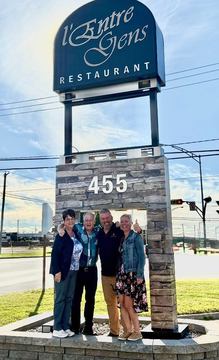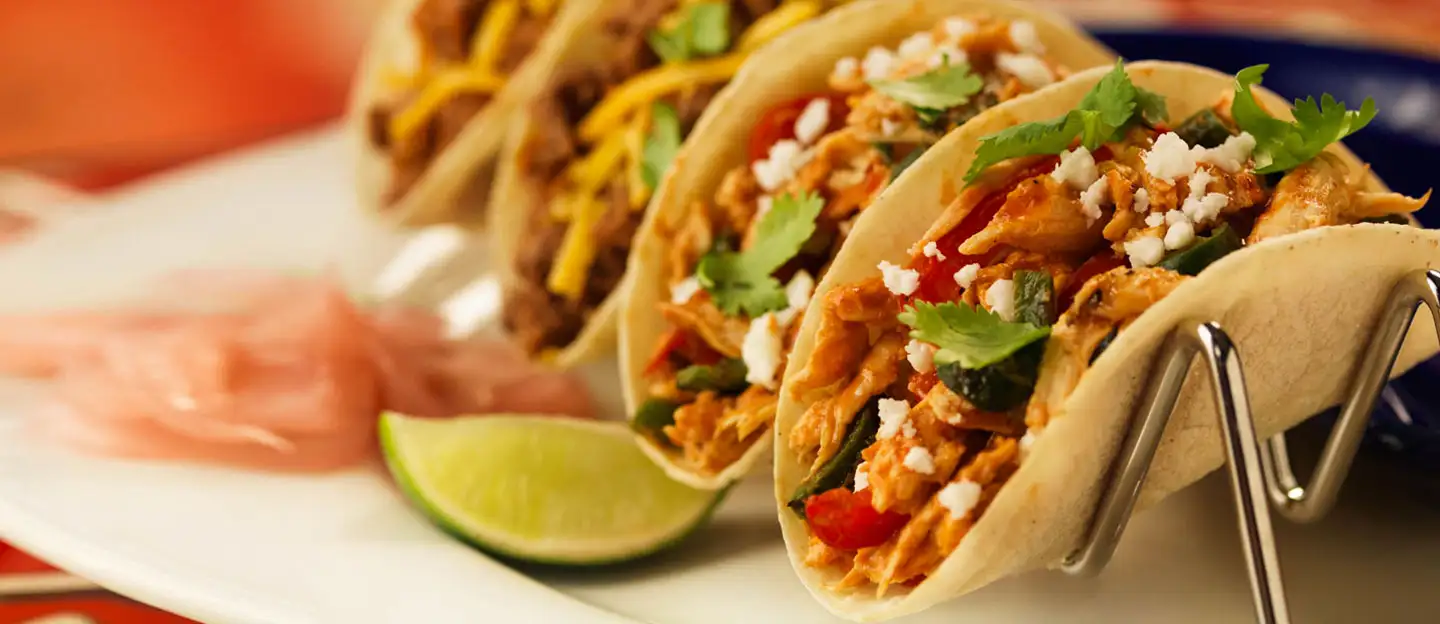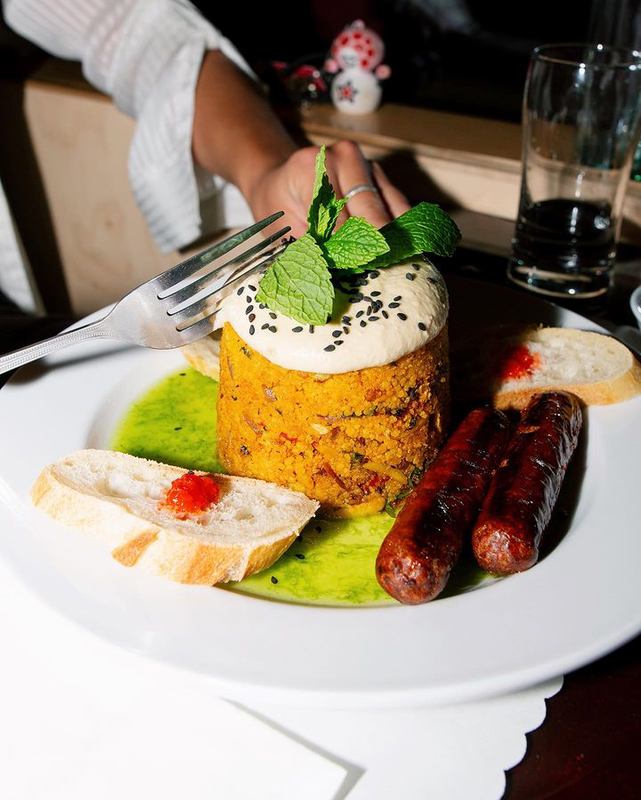
Discover a Moroccan-inspired restaurant in the heart of the Mile-End district, a café for sale in Old Quebec and how inflation is changing the way we tip.
Let's start with Nili, this small neighborhood restaurant offering traditional dishes from Moroccan grandmothers and French cuisine. Michael Levy, growing up in Montreal, worked for five years in New York in his uncle's restaurant, an experience which greatly influenced his culinary creations. After opening Banh Mi Banh Yiu, a counter offering Vietnamese-inspired takeaway meals, he made his dream of welcoming people into his home come true by creating Nili in homage to his mother, Nilly.
Nili Restaurant offers simple, friendly cuisine, blending flavors from Morocco and France, with dishes such as cucumber and mint hummus, whiting meatballs, caramelized banana tart and chocolate croissant pudding . The ambiance of the restaurant is intimate, eclectic and cozy, with red lighting and banquettes inviting diners to enjoy a meal for two or in a small group, offering a warm experience thanks to the hospitality of the owner.
Let's continue with the sale of Café Buade, the oldest restaurant still in operation in Quebec, for $399,000 due to the retirement of the current owners. Founded in 1919 under the name New World Cafe, the establishment changed its name in 1951 to Café Buade, in reference to the Count of Frontenac, governor of New France. Since 2010, Chantal Poulin and Marc Lavoie have been the owners of Café Buade, having chosen to take on the challenge of acquiring the restaurant rather than an inn initially planned. Despite work related to a fire and water damage, the owners have preserved the character of the place and are proud to own the oldest restaurant in Quebec.
The labor shortage has motivated the owners to consider selling and they aspire to retire while looking for a passionate successor to continue the mission of Café Buade. The restaurant, with 120 seats on the ground floor and 130 seats on the 2nd floor, is currently thriving and the sellers hope to convey the establishment in a favorable condition, highlighting its good turnover.
Let's finish with a little finance. The increase in inflation in Canada is leading the population to reconsider tipping, with an average increase of 6.4% on bills according to Statistics Canada. Tipping is becoming almost mandatory, significantly impacting the final cost for customers. Some customers, like Toronto's Sam Nikolic, are cutting back on dining out and limiting their tips to 10 per cent due to the impact of inflation.
Tipflation, or tip inflation, discussed by researcher Bruce McAdams, manifests itself in suggestions for higher tips in unexpected situations. A tipping point has been reached, according to McAdams, with 60% of consumers wanting to ditch tipping in favor of a model where everything is included in the price.
According to an Angus Reid survey, nearly two-thirds of Canadians believe they are asked for tips more frequently and for higher amounts and the majority find it irritating. Some believe the tipping culture should be abandoned in favor of higher wages for employees. However, integrating these changes seems difficult for the restaurant industry, particularly due to financial difficulties, according to Restaurants Canada.







